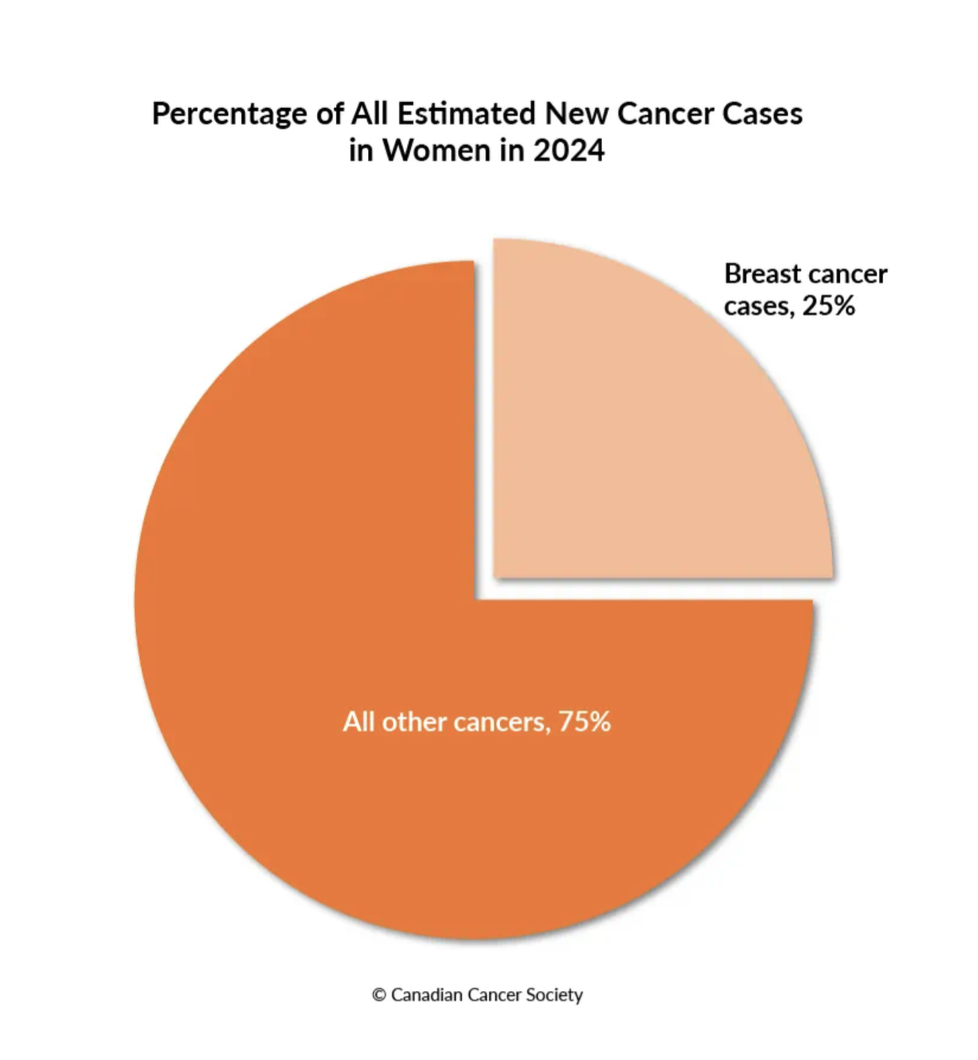Navigating Breast Cancer? Your Guide to Understanding basics of Breast cancer and its treatment
Getting a breast cancer diagnosis can feel overwhelming, like a sudden storm cloud on an otherwise clear day. You're probably flooded with questions, concerns, and perhaps a bit of fear. You're not alone, breast cancer is one of the most common cancers, and many people navigate this journey every year, paving the way with strength and knowledge. Let's break down some key things you should know, in simple terms.
So, What Exactly is Breast Cancer?
Simply put, breast cancer happens when cells in the breast grow out of control. These abnormal cells can form a tumor. It can start in different parts of the breast - often in the milk ducts or the milk lobules (which make milk). Most breast lumps aren't cancerous, but it's always crucial to get any changes checked by a doctor.

Incidence & Prevalence: You're Part of a Large Community
Breast cancer is indeed common, but awareness and treatment have dramatically improved over the years. Let's look at the numbers:
- Incidence: It is estimated that in 2024: 30,500 Canadian women will be diagnosed with breast cancer. This represents 25% of all new cancer cases in women in 2024. On average, 84 Canadian women will be diagnosed with breast cancer every day. (Source: Canadian Cancer Society)

- Prevalence: This refers to the total number of people living with or beyond breast cancer at any given time. Thanks to better treatments, survival rates are improving, meaning more people are living longer with or after breast cancer. This large group of survivors also highlights the need for ongoing support – that's where resources like RemissionRoute become incredibly valuable!
Why Me? Understanding Risk Factors
It's natural to wonder why. Sometimes there's a clear reason, sometimes not. Risk factors are things that increase your likelihood of developing breast cancer. Some you can't change, others you might have some influence over:
Risk Factors You Cannot Change:
- Age: Risk rises as we get older.
- Sex: Most cases occur in women; men can be affected too.
- Family history: Having a parent, sibling, or child with breast cancer raises risk.
- Gene changes: Inherited mutations (like BRCA1 or BRCA2) increase risk.
- Personal breast history: Prior breast cancer, certain high-risk biopsies, or very dense breasts.
- Hormonal milestones: Early first period or late menopause (longer lifetime estrogen exposure).
Risk Factors You Might Be Able to Influence:
- Weight: Being overweight or obese, especially after menopause.
- Exercise: Lack of regular physical activity.
- Alcohol: Drinking alcohol (more you drink, higher the risk).
- Hormones: Starting periods early, starting menopause late, or hormonal therapies.
Diagnosis & Treatment: Your Journey Ahead
If breast cancer is suspected, your healthcare team will conduct tests to confirm it and understand its specific characteristics (like subtype and stage). This information guides the best treatment plan for you. Treatment is often a combination of approaches:
- Surgery: To remove the tumor (like a lumpectomy, which removes the tumor and some surrounding tissue) or the entire breast (mastectomy). Reconstruction is often an option.
- Chemotherapy: Powerful drugs that travel through your body to kill cancer cells. Often given in cycles.
- Radiation Therapy: Using high-energy rays to kill any remaining cancer cells.
- Hormone Therapy: Blocks or lowers the hormones (like estrogen) that some breast cancers need to grow. Can be taken for several years.
- Targeted Therapy: Drugs that target specific characteristics of the cancer cells.
- Immunotherapy: Uses your body's immune system to fight cancer.
Your care team will recommend a personalized combination based on the cancer's specifics and your overall health.
What to Expect During Treatment
This is often the most anxiety-provoking part – anticipating side effects and changes. It's different for everyone, but knowing common possibilities can help you prepare and talk openly with your team:
- Surgery: Recovery involves managing pain, potential scar tenderness, and possibly changes in how your breast feels or looks. Lymphedema (swelling in the arm) can be a risk after axillary node dissection surgery.
- Chemotherapy: Side effects can include temporary hair loss, fatigue, nausea, changes in skin/dry scalp, and an increased risk of infections (due to lower white blood cells). Crucially, many side effects can be managed with medications – don't hesitate to ask your team!
- Radiation: May cause skin redness/dryness in the treated area (like a mild sunburn), fatigue, and sometimes breast swelling. Good skin care is important.
- Hormone Therapy: Side effects often include hot flashes, joint stiffness/pain, and sometimes mood changes or fatigue.
- Targeted/Immunotherapy: Side effects vary widely depending on the drug but can include skin reactions, fatigue, or other issues. Your team will monitor you closely.
Conclusion: You Are Not Alone, and You Have the Power
Receiving a breast cancer diagnosis is life-changing, but it doesn't define your entire journey. With modern treatments, most people not only survive but thrive after cancer. Knowledge is power, and support is strength.
Remember, you're not just fighting this alone – your loved ones, your medical team, and now, RemissionRoute, are all here for you. Take one step at a time, ask all your questions, and know that help and understanding are always available. You've got this! Together, we can navigate this.